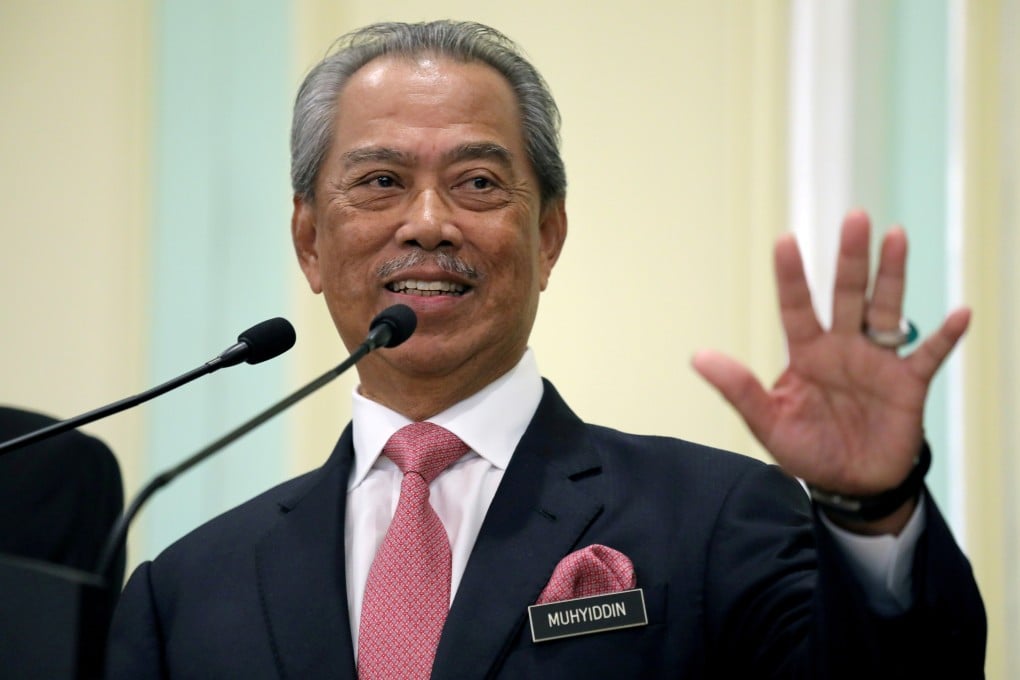Advertisement
Opinion | In Malaysia and Tunisia alike, young democracies are being destabilised by dysfunctional leadership
- In Malaysia, the state of emergency appears to be coming to an end, as announced last week during a special session of parliament
- In Tunisia, the turmoil may be just beginning after President Kais Saied’s recent power grab, which critics have described as a coup d’état
Reading Time:5 minutes
Why you can trust SCMP
7

In the past week, events in Malaysia and Tunisia have highlighted the unprecedented challenges faced by two young democracies, brought on by complex domestic politics and leadership struggling to respond to the coronavirus pandemic.
Advertisement
In Malaysia, the state of emergency is poised to end, as announced by Prime Minister Muhyiddin Yassin’s government during a special session of parliament. In Tunisia, the turmoil may be just beginning after President Kais Saied invoked a state of emergency, which critics have described as a coup d’état.
Malaysia’s fluid political crisis can be traced back to January 2020, when Mahathir Mohammad resigned as prime minister and Muhyiddin was appointed as his successor by the king. Without a popular mandate, Muhyiddin has held power with a razor-thin parliamentary majority, despite the opposition’s persistent attempts to force him from office. Since the early days of his rule, Muhyiddin has made unprecedented political manoeuvres – a series of political coups that have allowed him to remain in power.
To that end, Muhyiddin has benefited from the country’s state of emergency, which was declared in January this year as a response to the coronavirus pandemic, leading to the suspension of parliament. Muhyiddin has therefore been able to rule effectively by decree, entrenching the country’s political divisions and testing its democratic foundations.
Tunisia is also a transitional democracy. In 2011, the dictator Zine el-Abidine Ben Ali was overthrown after 23 years in power, propelling a wave of popular movements across the region known as the Arab spring.
The new constitution enacted in 2014 enshrined a “republican, democratic, participatory system”.
Advertisement
The president, who is head of state, appoints the prime minister, who is head of government, based on a parliamentary majority. Ennahda (Party of Renaissance), a Muslim democratic party, is currently the largest group in parliament.

Advertisement
